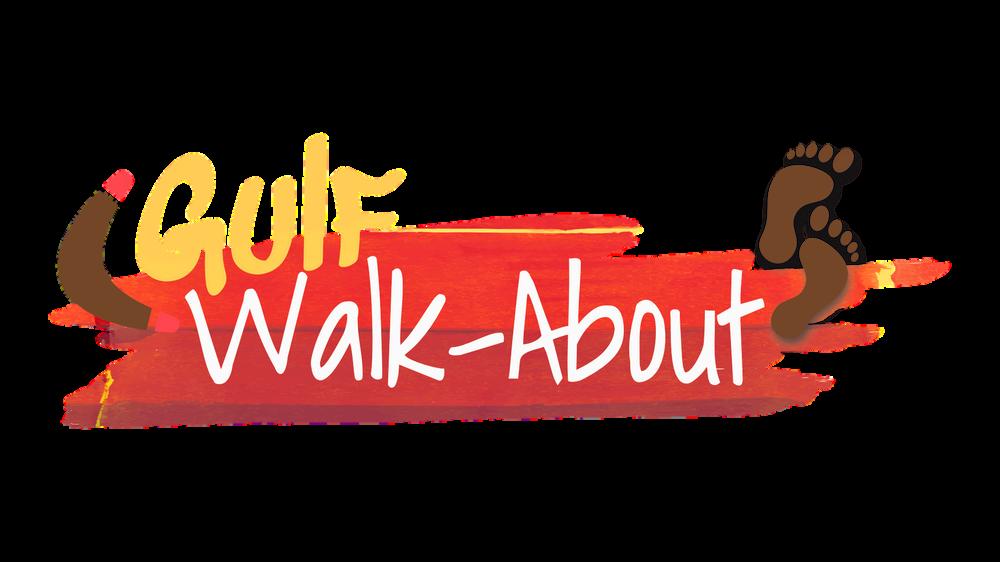

AboriginalandTorresStraitIslanderreadersareadvisedthatthefollowing publicationmaycontainimagesofpeoplewhoaredeceased.
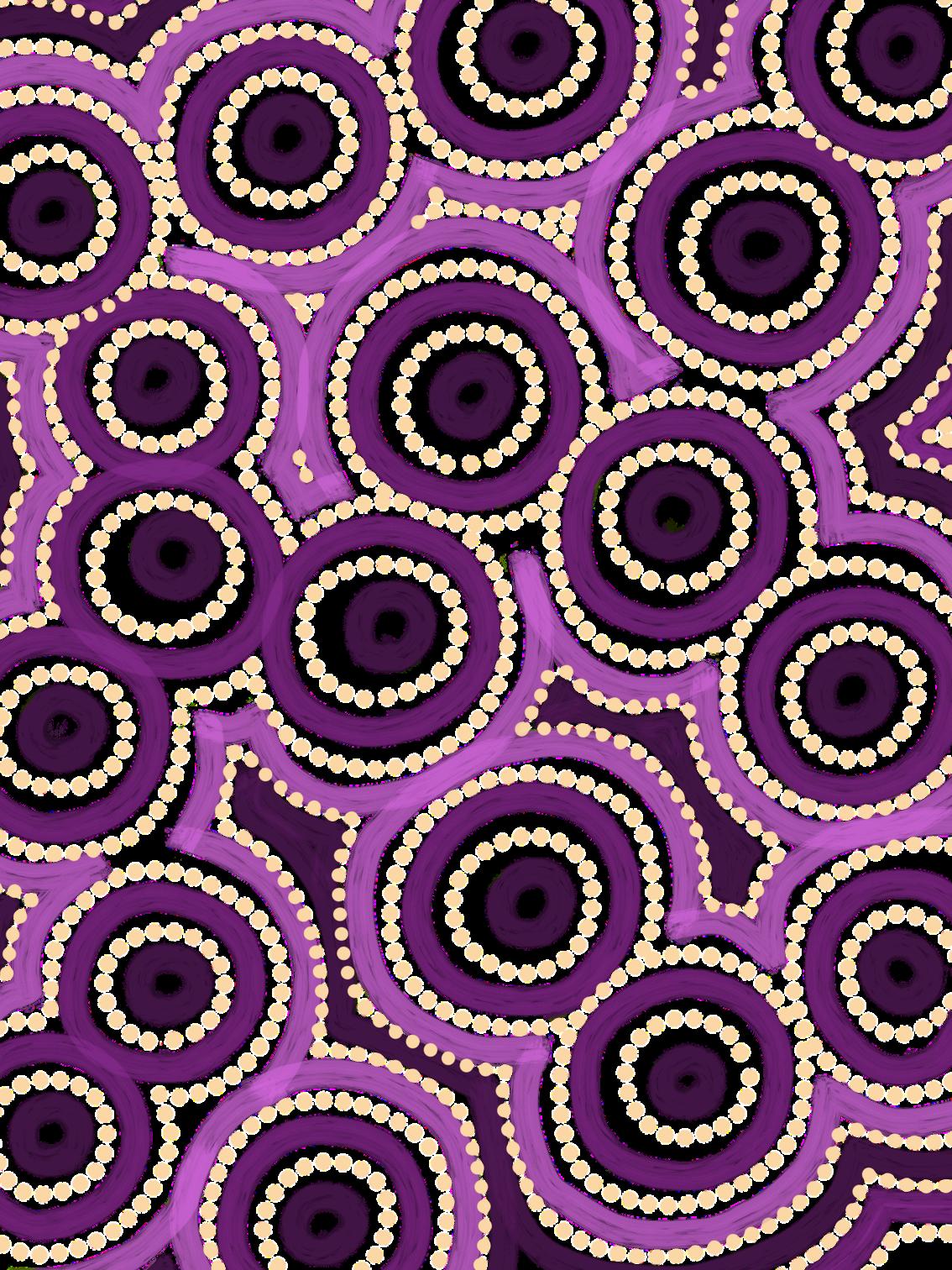




AboriginalandTorresStraitIslanderreadersareadvisedthatthefollowing publicationmaycontainimagesofpeoplewhoaredeceased.



Gathering to shape national Indigenous body
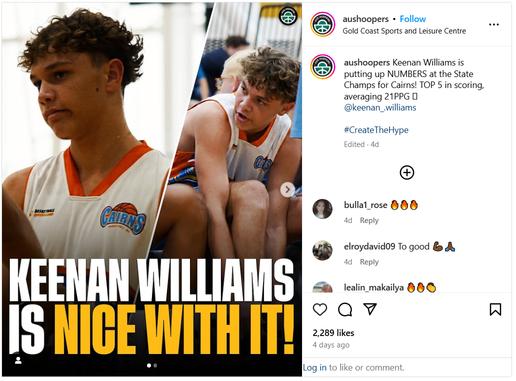
Indigenous organisations will gather in Port Douglas this September to discuss forming a national body representing First Peoples.
Led by the Council of First Nations, the event aims to unify Traditional Owner groups, set strategic goals, and create a lasting, inclusive platform to drive policy change.
“Unified, we will stand up for our families, communities, lands, skies, waters and resources," Council of First Nations CEO Duane Fraser said.
Source: National Indigenous Times
Abandoned Treaty funds reallocated to Indigenous communities
Funds previously allocated to Queensland’s abandoned Path to Treaty Act will now be streamed into projects for remote Indigenous communities.
“We've taken the $108 million from the path to treaty process, and we're putting it into frontline services, in consultation with community," Minister for Aboriginal and Torres Strait Islander Partnerships Fiona Simpson said.
Kowanyama and Aurukun communities in the Cape will also receive $8 million each to upgrade local water supplies.
Source: ABC Brisbane
Top 5 goal shooter in Queensland! Keenan Secures Spot Among the Best in Queensland Basketball
Queensland basketball fans have a new name to celebrate—Keenan! The Western Gugu Yalanji teen has officially made it into the Top 5 Best Goal Shooters in the state, marking a significant achievement in his basketball career
Keenan's exceptional shooting skills and dedication to the game have earned him a welldeserved spot among Queensland's elite players His remarkable accuracy and consistent performance on the court have not gone unnoticed, as he recently appeared across AusHoopers social media platforms, further solidifying his reputation as a standout athlete.
Art Fair reveals exclusive Indigenous Masterclass Series
The Cairns Indigenous Art Fair (CIAF) has announced its plans to host a 2025 Masterclass Series for creators, collectors, curators and curious minds alike.
CIAF artistic director Teho Ropeyarn said the classes will create a space for cultural sharing and creative reflection, but also for truth-telling via art and conversation.
“Each session honours the strength and continuity of First Nations knowledge systems while providing an extraordinary opportunity to learn directly from leading artists in their field," he said.
These classes are scheduled to run from Friday July 11 - Sunday July 13, and will feature a wide variety of contemporary and traditional styles, including: weaving and pigment ink-making, cultural storytelling through fashion, and truthtelling with object art.
Source: National Indigenous Times
Source: National Indigenous Times
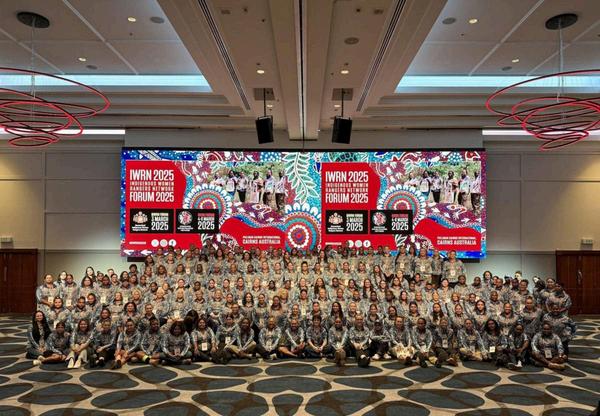
Indigenous women rangers unite in inaugural national network event
Over 190 women rangers have come together from far and wide for the inaugural National Indigenous Women Rangers network.
The three-day forum was an opportunity to relish in the nation-wide leadership and innovation achieved by women in land and sea management.
The event also served as a space for cultural activities and knowledge sharing between ranger teams from Kija, Gooniyandi, Balanggarra,Yawuru, Dambimangari, Ngurrara, Bardi Jawi Oorany and Karajarri.
Time to talk food insecurity
An industry roundtable has called for improved supply chains to tackle grocery unaffordability in remote Australia.
Data from the National Indigenous Australians Agency found as much as 51 per cent of Aboriginal remote households experience food insecurity, compared to an average of four per cent across the Australian population.
The National Rural Health Alliance (NRHA) responded to the roundtable by highlighting the dire consequences of prolonged government inaction.
“[...] people in rural areas die 13.6 years earlier than those in urban areas. Food security is vital to make sure they live longer and live healthily,” NRHA Chief Executive Susi Tegen said.
Source: National Indigenous Times

Native wildlife threatened by smugglers
As many of our mammal, reptile and bird species are exclusive to Australia, they are increasingly targeted by the illegal wildlife trade.
Their trafficking poses a threat not only to the continent’s unique biodiversity, but also to the “spiritual and ecological balance maintained by Indigenous communities for tens of thousands of years”.
Experts and Indigenous leaders recommend stronger border enforcement, harsher penalties, public awareness campaigns and greater Indigenous-led conversation as solutions to resist this lucrative black-market.
Source: National Indigenous Times
Gerry Turpin was Recently Awarded Master of Philosophy for Groundbreaking Research on Aboriginal Medicinal Plants
By Natarsha Bell
13 March 2025 — Renowned ethnobotanist and Mbabaram man, Gerry Turpin, has been awarded his Master of Philosophy, marking a significant achievement in Indigenous-led scientific research. His thesis involved an extensive literature review on medicinal plants traditionally used by Aboriginal communities across Queensland.
Turpin's research focused on eight Iningai and eight Mbabaram medicinal plants, analysing their phytochemicals as well as antioxidant and anti-inflammatory properties.
The study identified three Mbabaram plants with
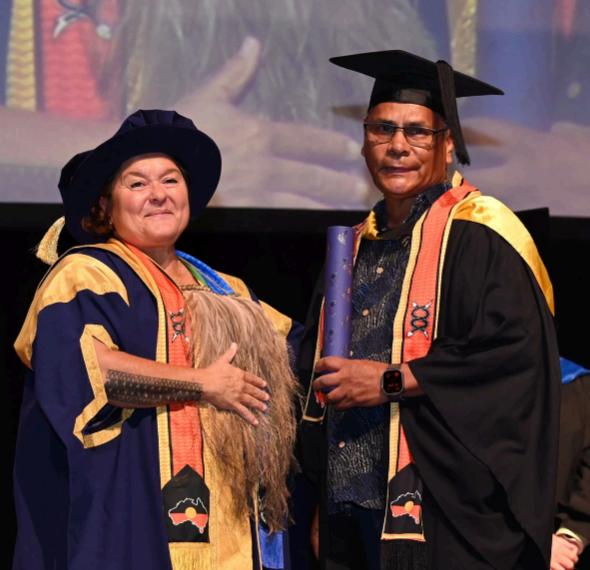
particularly promising preliminary results. These plants have now been selected for further biodiscovery projects, with the potential to contribute to new health treatments.
Turpin’s work bridges traditional knowledge and modern science, highlighting the value of Aboriginal cultural heritage in contemporary research.
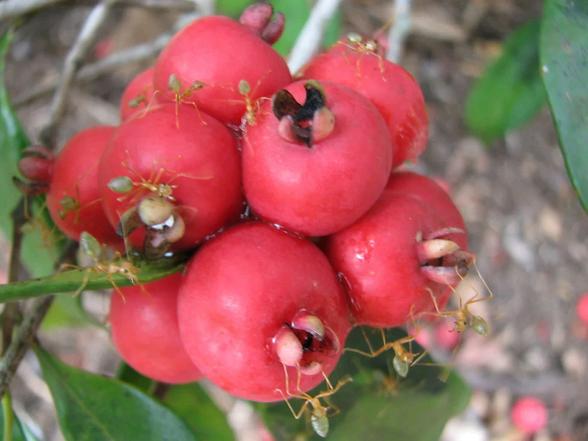
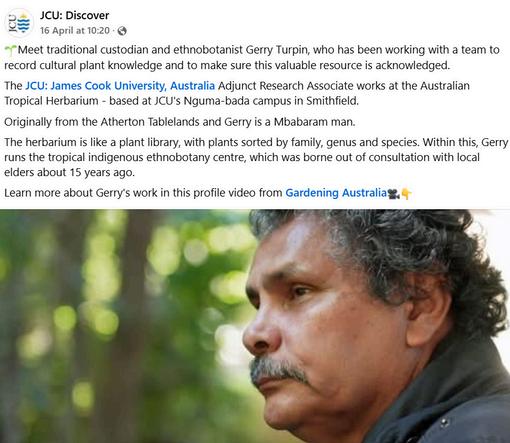
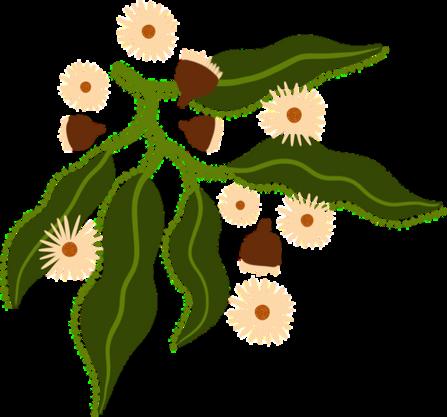
by Natarsha Bell
The Mbabaram people of North Queensland whose Country spans from Herberton to Almaden and south from Dimbulah to Mount Garnett are combining traditional knowledge with modern science to lead important plant research
With support from the Tropical Indigenous Ethnobotany Centre, who are acting as a cultural broker, a group of young Mbabaram men and women recently conducted a survey of native plants identified by Elders as traditional medicines. The project equipped participants with skills in plant identification, sample collection, and the use of Geographic Information Systems (GIS) to record habitat, location, soil and geology.
Collected plant samples were pressed, tagged and submitted for further processing, preserving their scientific and cultural value. The project not only provided hands-on training, but also offered meaningful time on Country with Elders and community members, strengthening cultural identity and connection to land.
This initiative is part of broader efforts by the Mbabaram people to restore ownership of their land and revive cultural practices. By showing the way in Indigenous-led environmental research, they are setting a strong example of how traditional knowledge and science can work together for future generations.
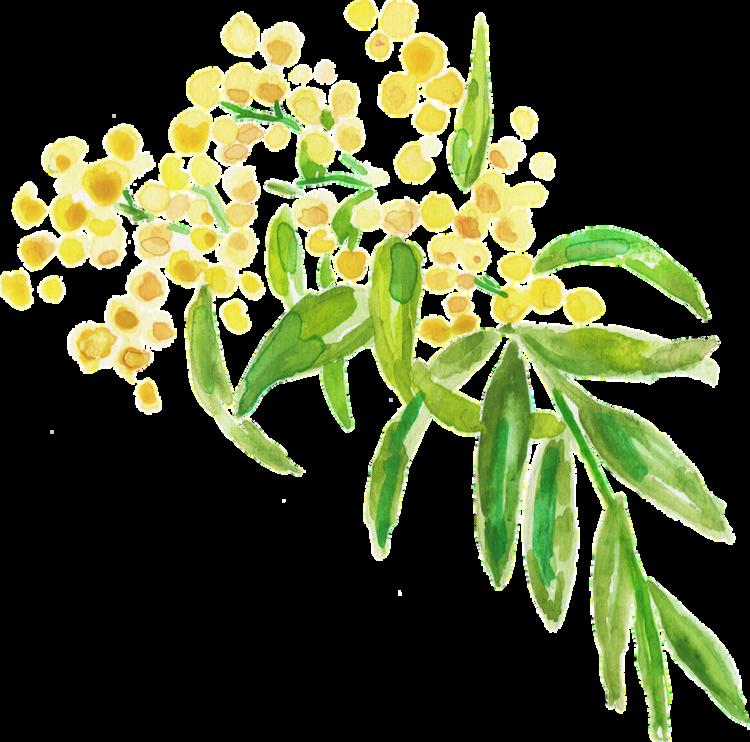
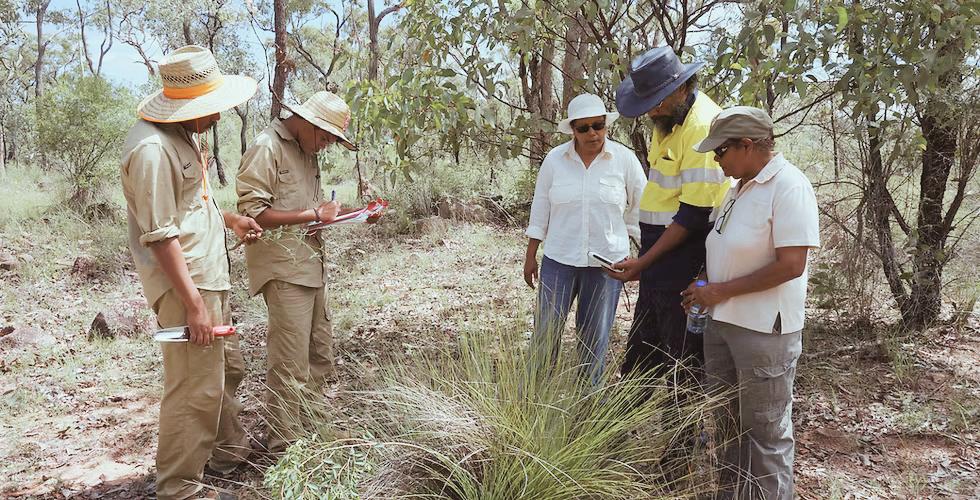

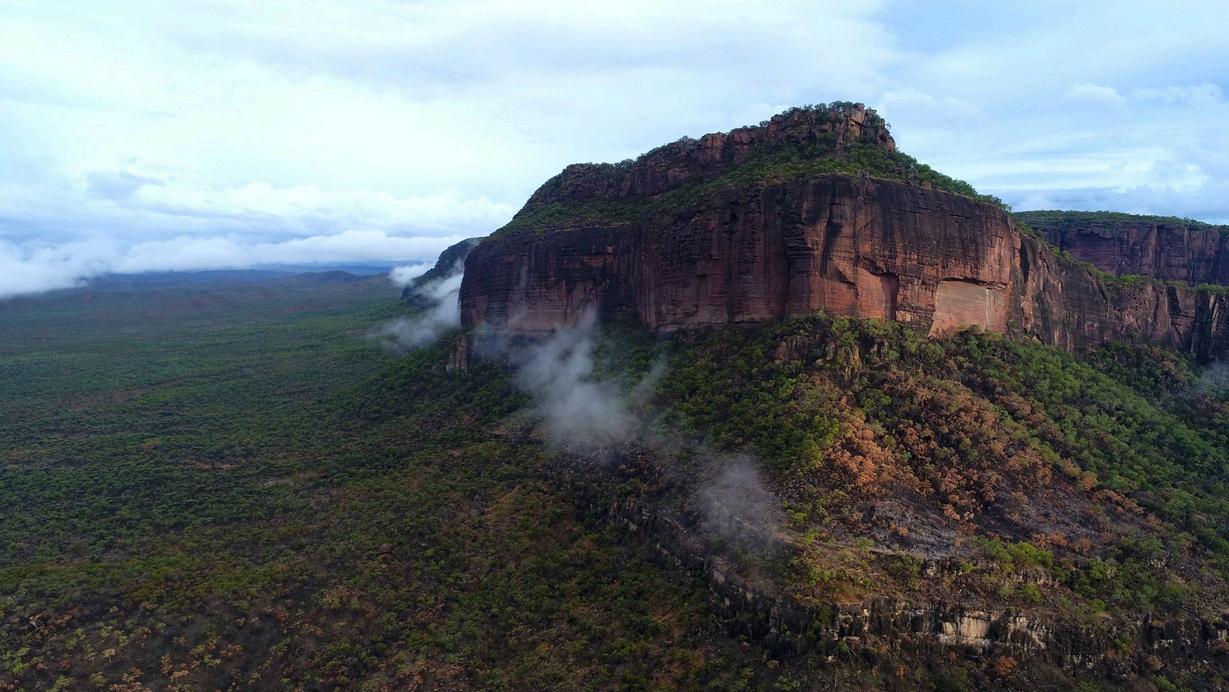
The Djungan Rangers are dedicated to caring for their native title-determined lands, which extend from north of the Walsh River near Dimbulah, through Ngarrabullgan (Mount Mulligan) and Kondaparinga Station. This vast and culturally significant landscape is not only home to our people, but also carries deep historical and environmental value.
Ngarrabullgan, home to Queensland’s oldest known archaeological site, is a sacred place for the Djungan people. This ancient land features rock shelters, rare and threatened species, and unique ecosystems we are committed to protecting for future generations As Ngarrabullgan Rangers guided by Djungan elders and community, we follow our Healthy Country Plan to care for our country, people and culture.
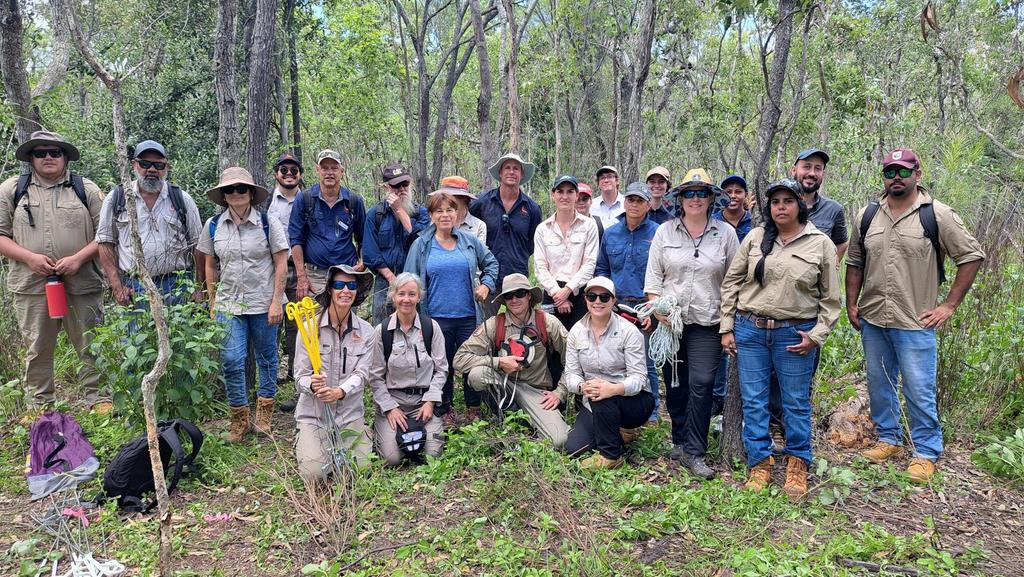
Our work is more than just land management—it’s about cultural preservation. Elders introduce new rangers to country, passing down knowledge of language, stories and traditions Through their wisdom, we learn how to manage the land sustainably, ensuring that our sacred places remain strong and protected.

We also employ Djungan members for key projects, such as fencing and cultural clearances, which creates opportunities for our people to engage in meaningful work that benefits both community and Country. Every morning, we are inspired by our connection to the land, knowing that our efforts help to safeguard our heritage.
Our vision is to expand our efforts through a volunteer program, allowing more Djungan people to reconnect with their ancestral lands. By increasing participation, we can ensure that our country remains cared for by those who understand and respect its cultural significance
For the Djungan Rangers, land, culture and family are everything; these values drive us each day, reinforcing our commitment to protecting our heritage through the support of the Indigenous Land and Sea Corporation (ILSC). Together, we are ensuring a strong future for Djungan Country and community
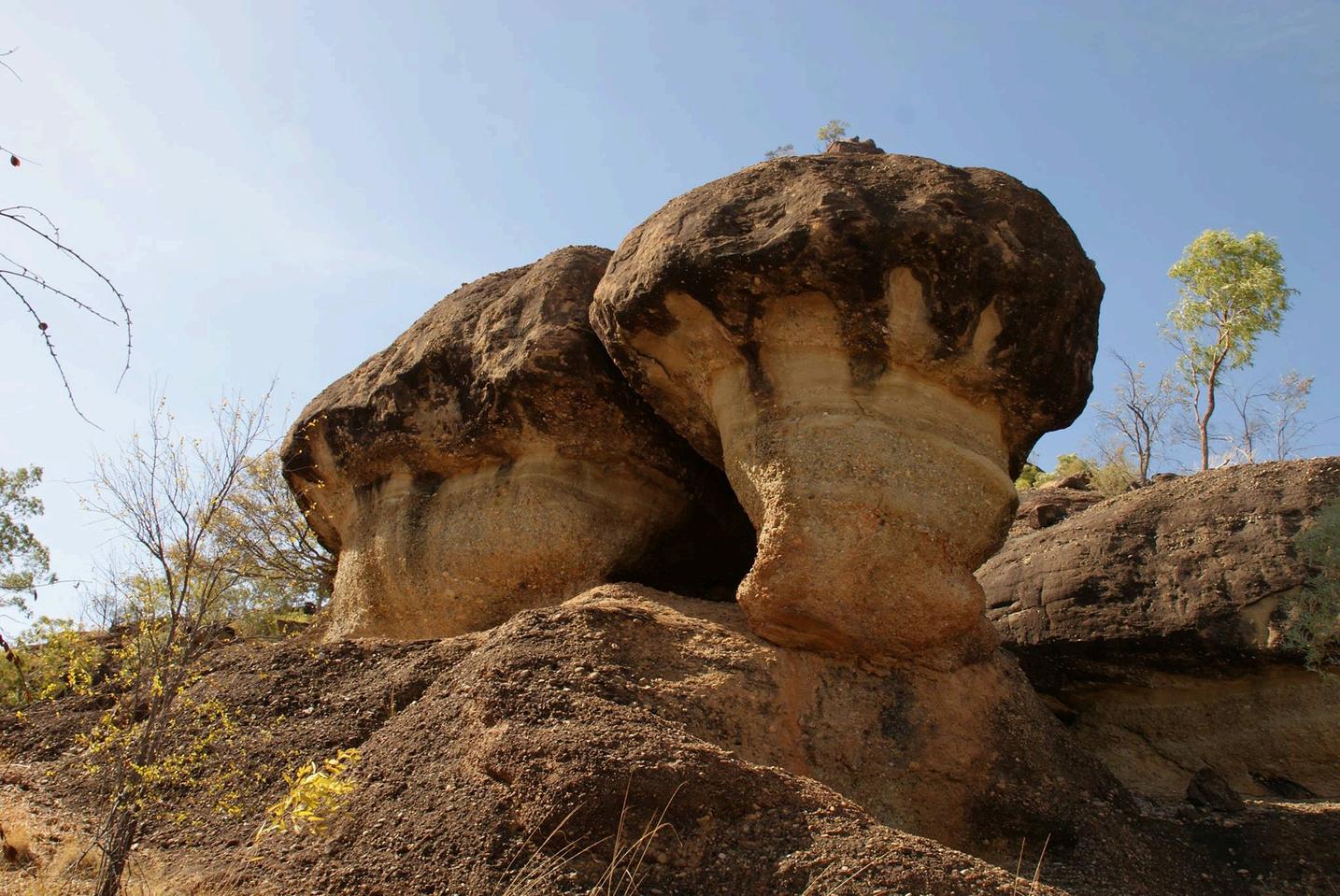
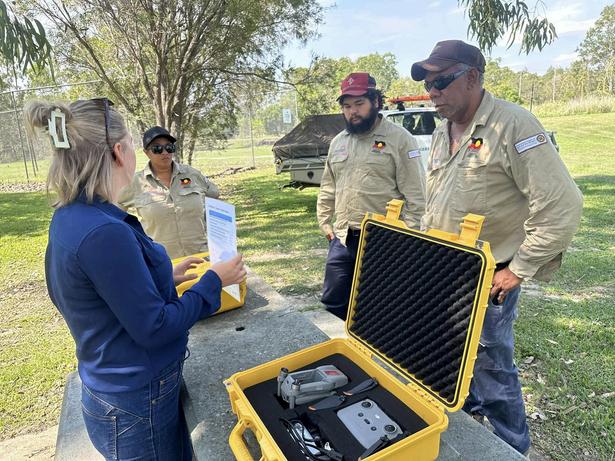
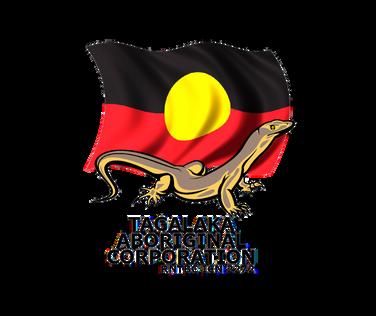
The Rangers have recently commenced drone awareness training in Mt Molloy, focusing on familiarizing participants with the rules and requirements of drone operation. This initial training provided an opportunity for hands-on flying experience, ensuring that team members are well-prepared for upcoming projects that will require drone usage on Country. To further enhance our capabilities, one of our team members will soon undergo accredited training to obtain a Drone Pilot License, equipping them with the necessary skills for more advanced operations.
In March, the Traditional Owner Advisory Committee (TAC) held an Elders meeting to discuss the Work Plan for the Queensland Indigenous Land and Sea Rangers Program (QILSRP).This meeting provided an essential platform for Elders to share insights, ensure cultural considerations are respected, and contribute to shaping the help align future projects with community needs and aspir
A big congratulations to Lataia Petersen and Kasmin Logan, who have joined as the first casual Tagalaka Rangers!
Their involvement marks a significant step forward in strengthening our team and continuing the important work of protecting and managing Country.
We look forward to seeing their contributions and achievements in the coming months
Alfred Owens
General Manager
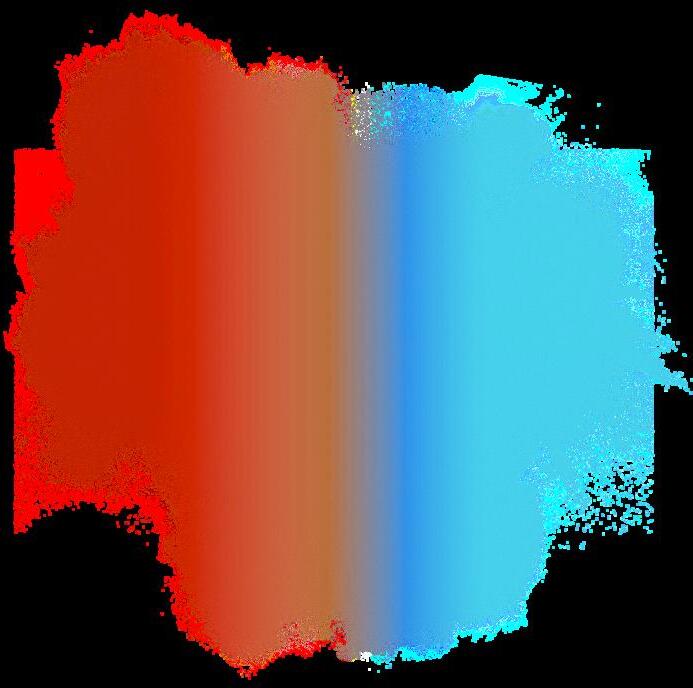
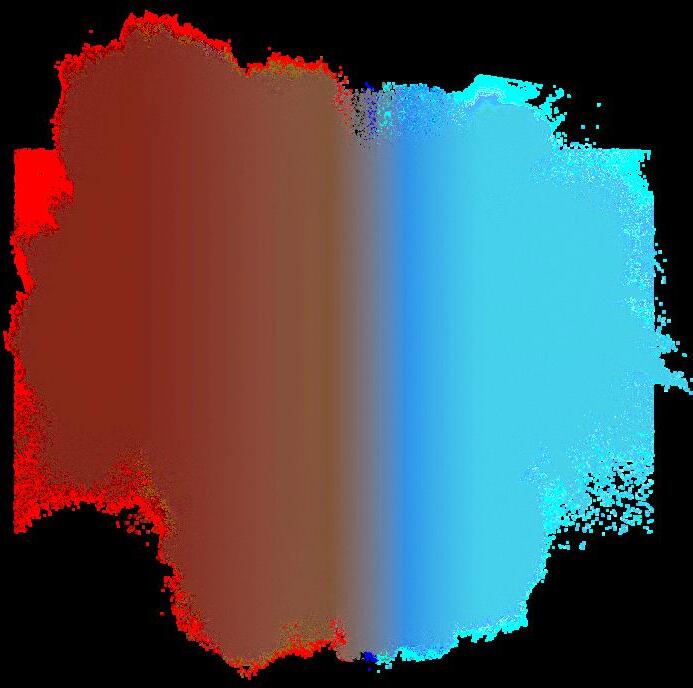
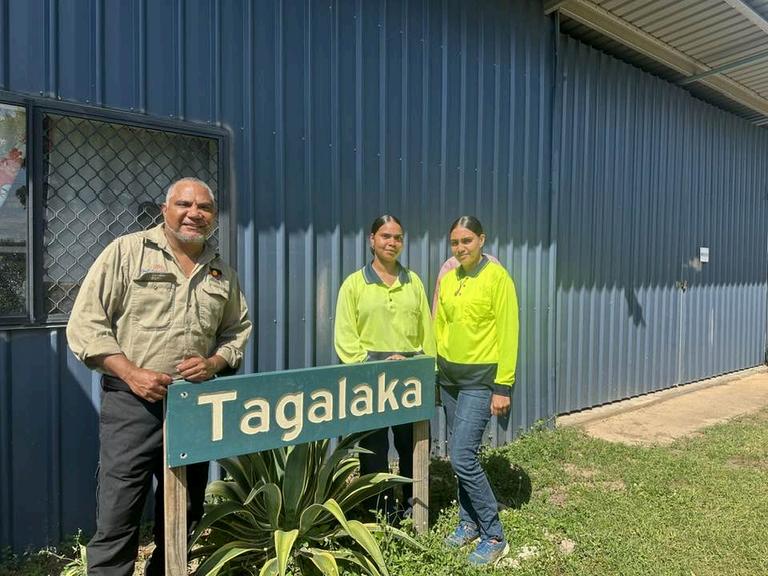
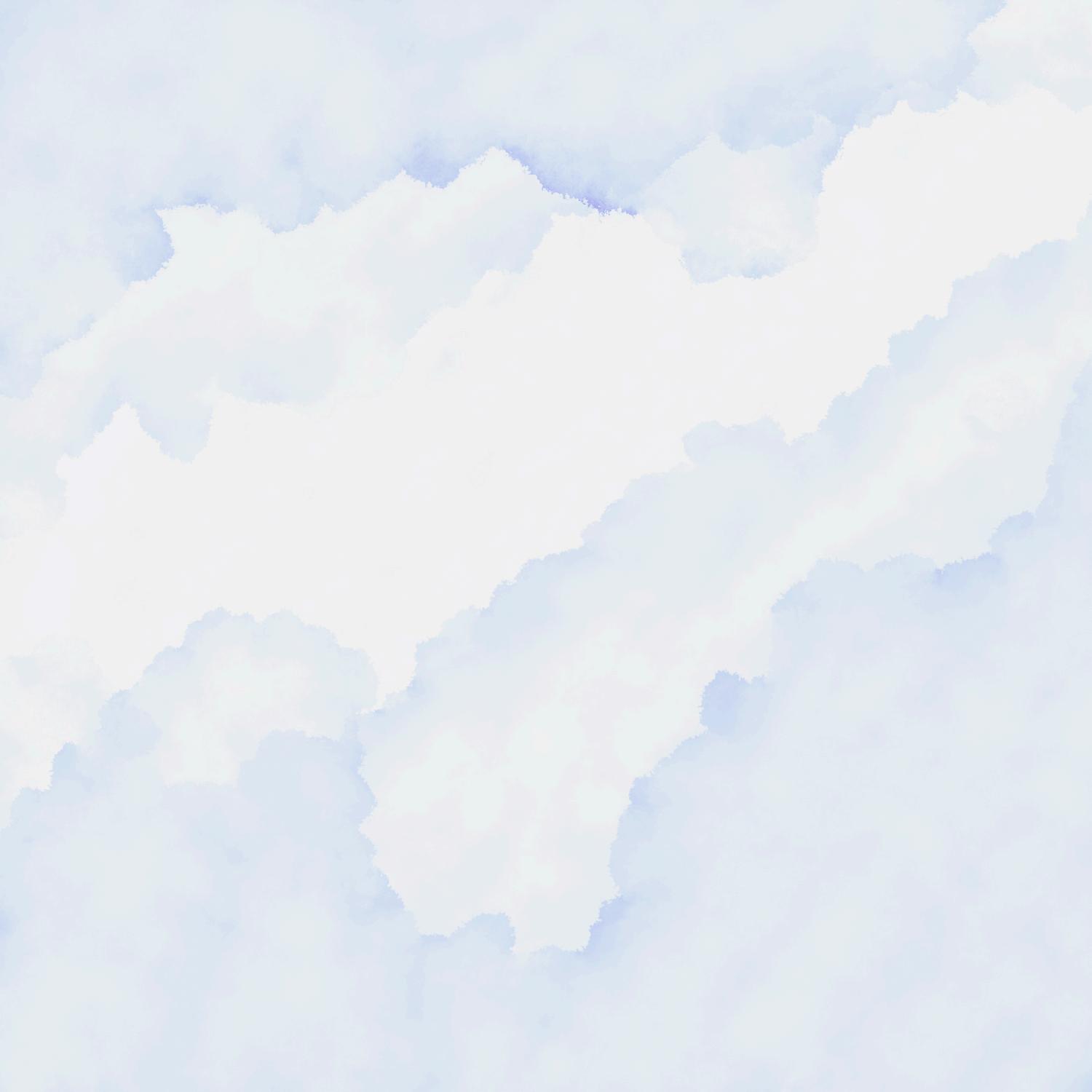
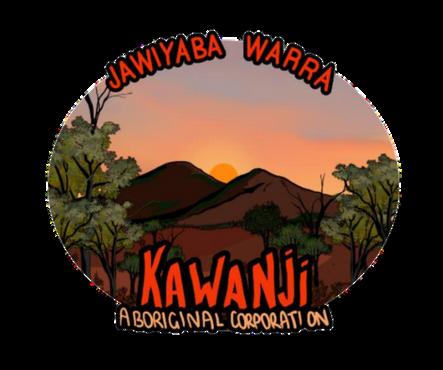
The Jawiyaba Warra Aboriginal Corporation has been awarded $75,000 under the 2024–25 Looking after Country Grant Program to deliver Phase Two of the Imbala Butterfly Project. This important initiative continues the success of an earlier 2022 project focused on protecting the habitat of the Imbala, also known as the Common Crow butterfly, on Bonny Glenn Station near Lakeland, Queensland.
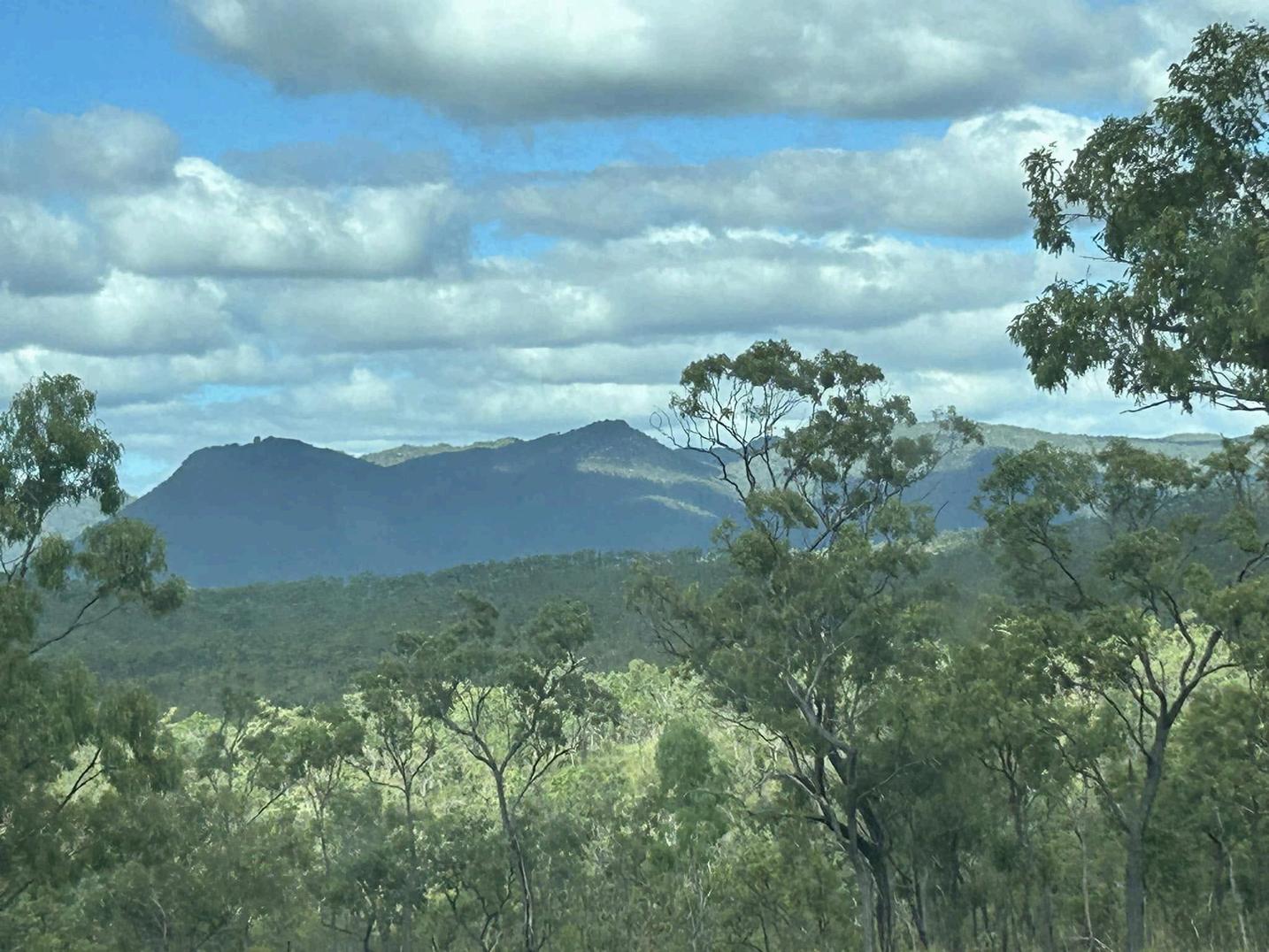
Phase Two will expand on previous efforts by fencing off culturally significant sites and undertaking carefully planned seasonal burns. These land management practices aim to restore and maintain the delicate ecosystem on which the Imbala butterfly depends. The butterfly holds cultural significance to the Traditional Owners, and its wellbeing is closely tied to the health of Country.
In addition to environmental goals, the project places strong emphasis on the transfer of intergenerational cultural knowledge. Junior rangers will play a key role in on-ground activities, while learning from Elders and knowledge holders about traditional land management, language, and the cultural stories connected to the Imbala. These learning opportunities strengthen identity, pride and connection to Country among young people.
The Looking after Country Grant Program continues to support Aboriginal and Torres Strait Islander organisations in caring for their traditional lands and waters. Through projects like this, communities are empowered to lead locally designed, culturally grounded environmental initiatives.
The Jawiyaba Warra Aboriginal Corporation’s commitment to caring for Country, while nurturing the next generation of custodians, reflects the broader goals of the grant program: supporting both ecological restoration and cultural revitalization.
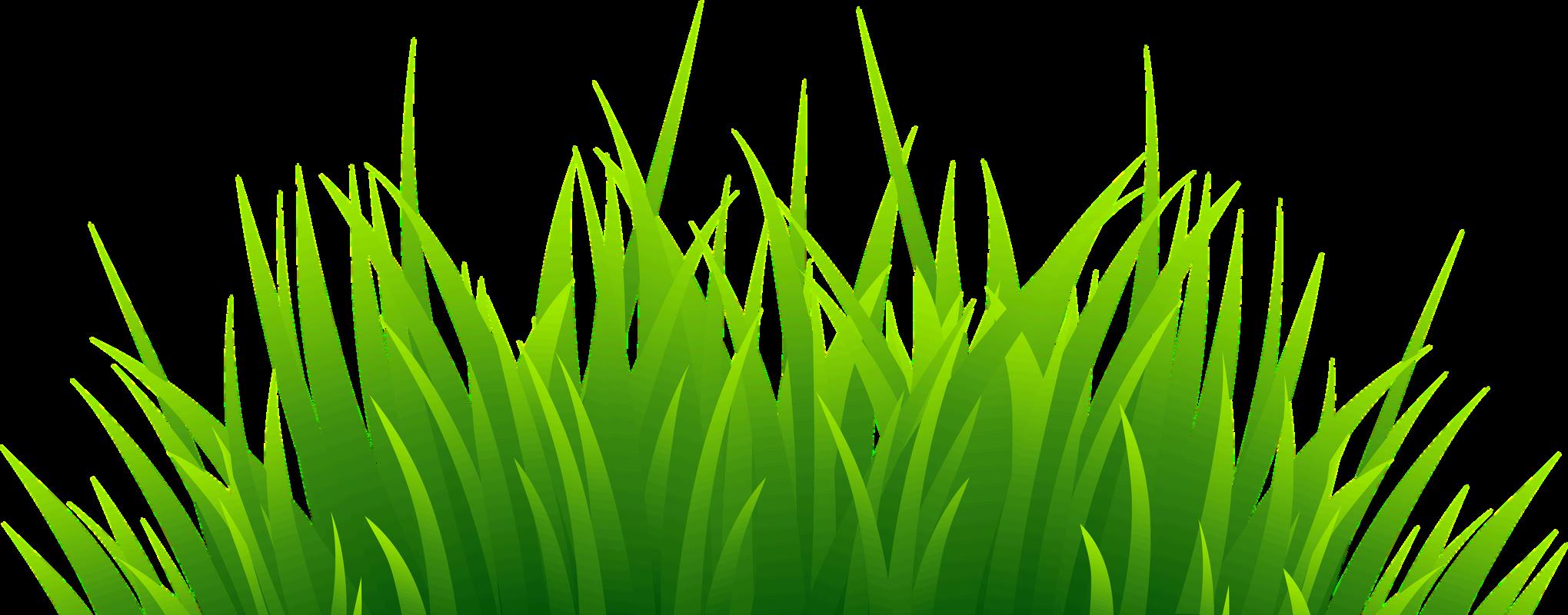
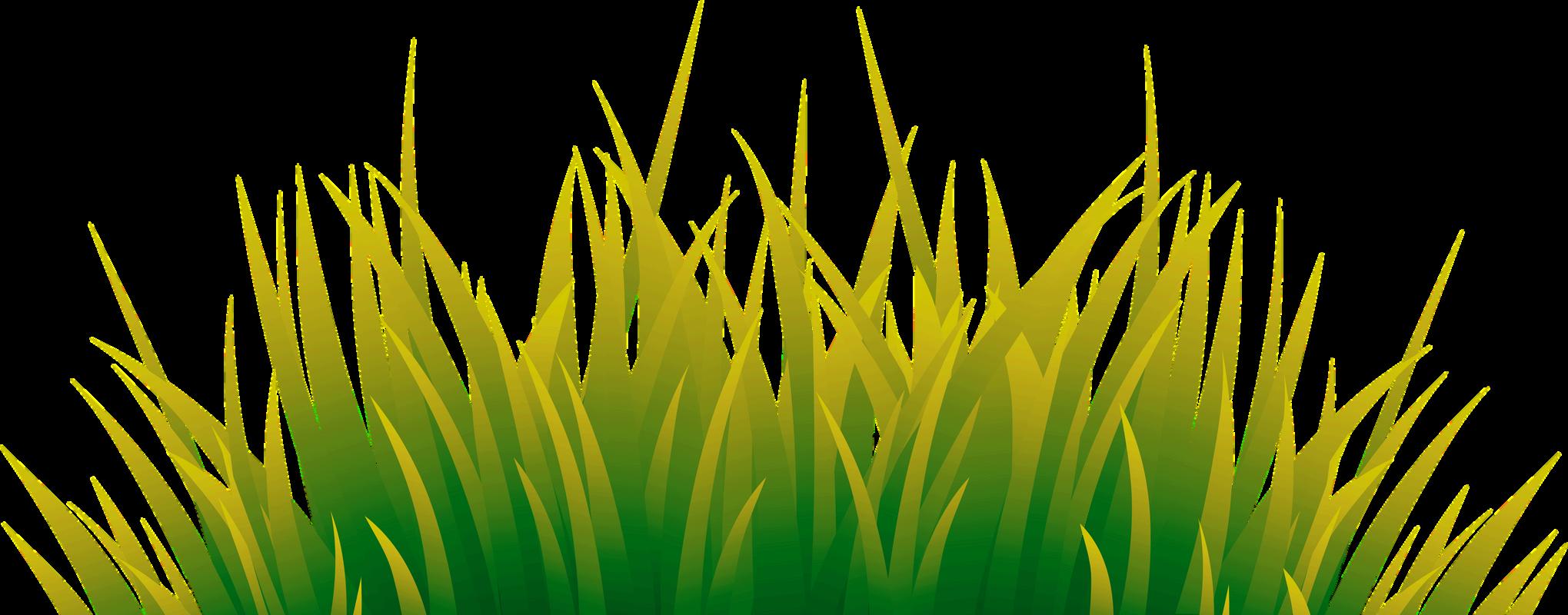


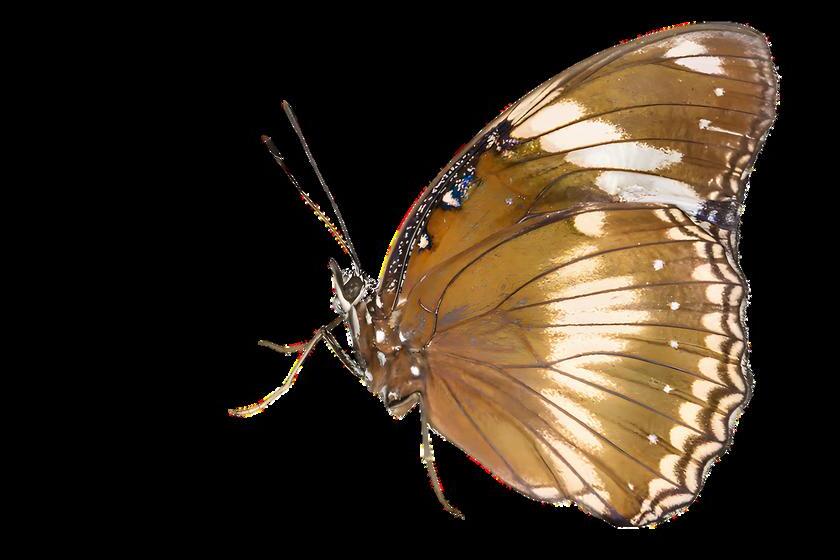



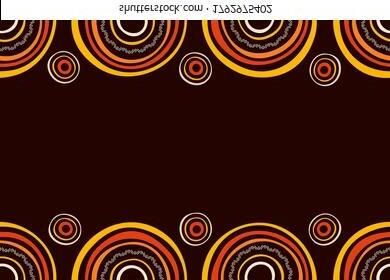

Joe pitched the Kung Kung Youth Program, aimed at supporting young people through cultural connection and mentorship He was invited to submit a tender for the Regional Reset program, which backs community-led initiatives
“It was a great opportunity to be heard,” Joe said.
Thanks to Evelyn Myatt & Tracey
Jia
DSDSATSIP For inspiring & supporting BAC
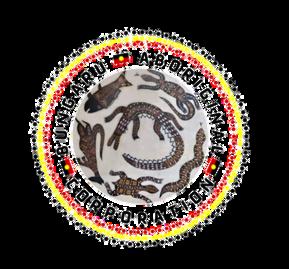
Joe Pitches Youth Program at Cairns Community Cabinet
On 2 March 2025, local advocate Joe attended the community cabinet in Cairns, where he met with Hon Fiona Simpson MP and Minister Laura Gerber MP.
Bungaru Men’s Group meet fortnightly on a Wednesday night from 6pm
Call Uncle Joe on 0457 593 237 for details
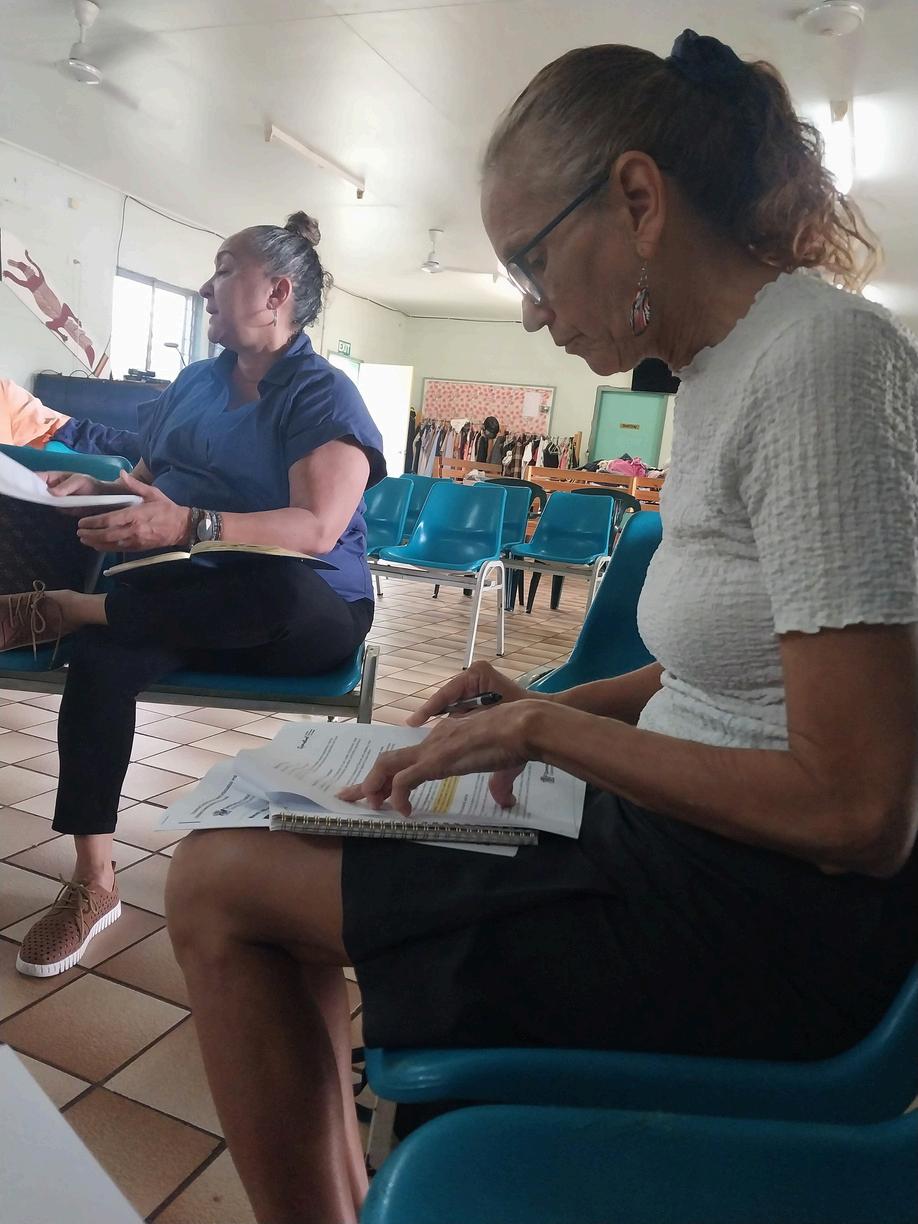
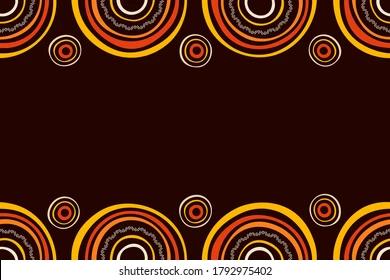

Australia’s native wildlife faces a growing number of threats that push many species closer to extinction. To safeguard our unique biodiversity, it is critical to understand and manage these threats effectively.
One of the most pressing issues is climate change, which disrupts ecosystems by altering rainfall patterns, increasing temperatures, and causing extreme weather events. These changes affect food availability, breeding cycles and habitat conditions, which leaves many species struggling to adapt.
Another major threat is land clearing, particularly for agriculture, urban development and infrastructure. This leads to habitat loss and fragmentation, which isolates wildlife populations and reduces genetic diversity. Without adequate space to roam, feed and reproduce, many animals face declining numbers.
Inappropriate fire regimes also play a significant role in habitat degradation. While fire is a natural part of many Australian ecosystems, more frequent or intense bushfires —often driven by climate change and human activity—can destroy critical habitat and kill wildlife as they are unable to escape or recover.
Invasive species, such as feral cats, foxes and introduced plants, outcompete native species for resources or directly prey on them. These invaders can cause population crashes and disrupt delicate ecological balances.
Lastly, human interference, including illegal hunting, collecting and pollution, puts additional pressure on vulnerable species. Even well-intentioned actions, like feeding wildlife, can have harmful effects.
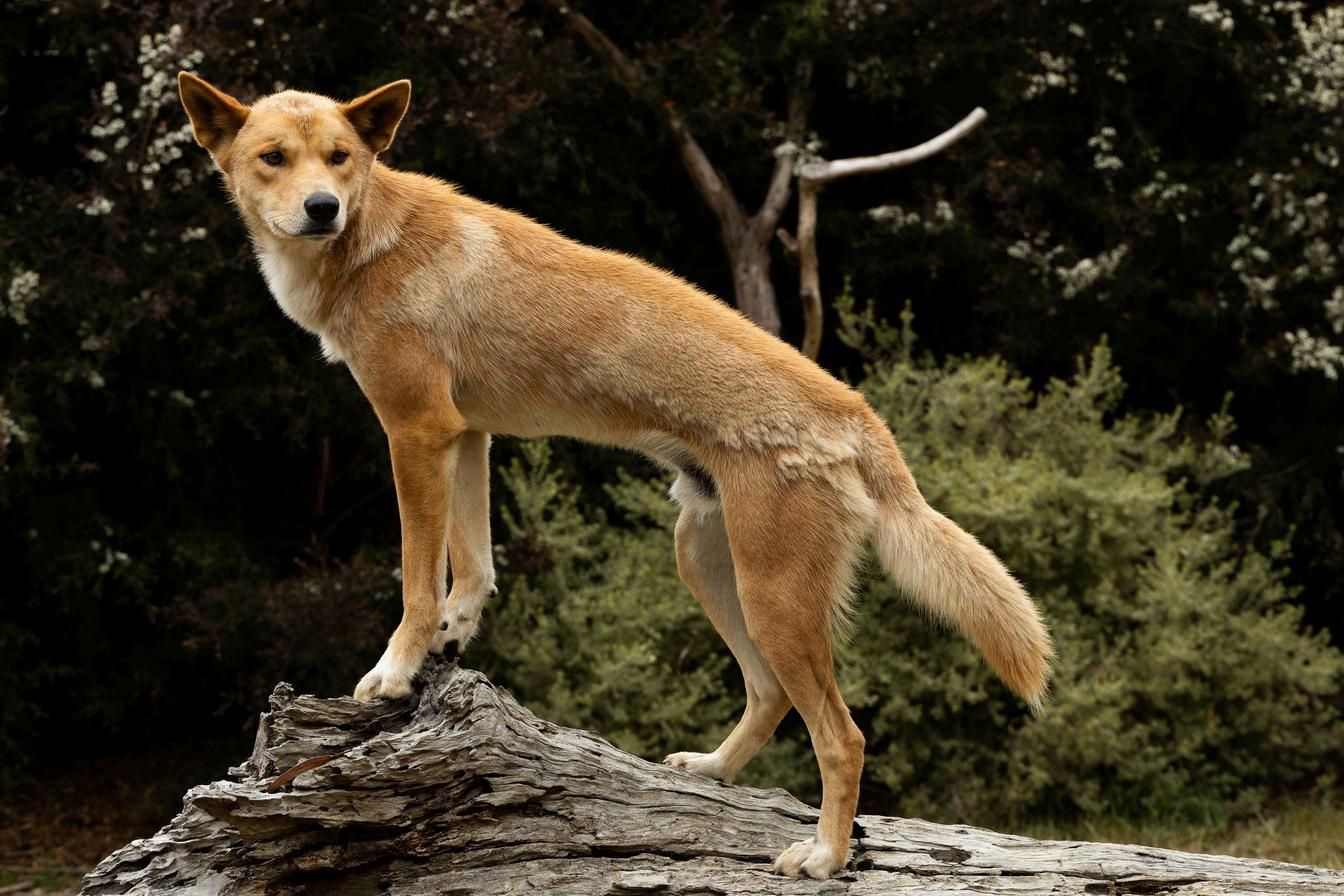
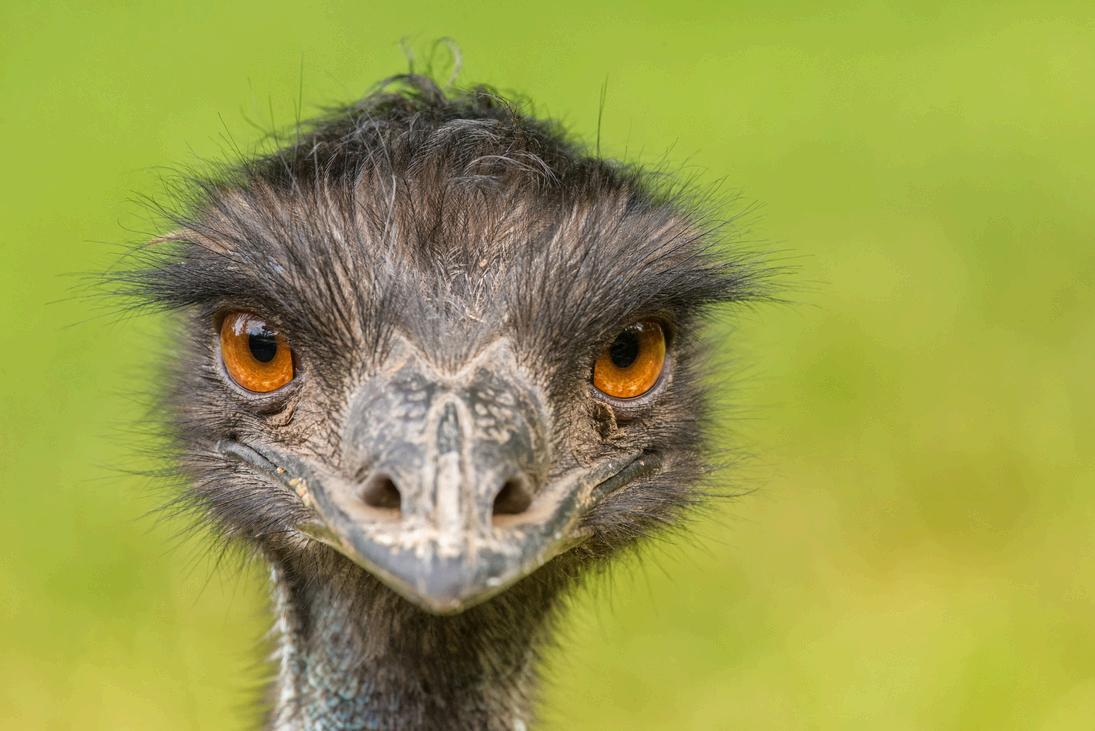
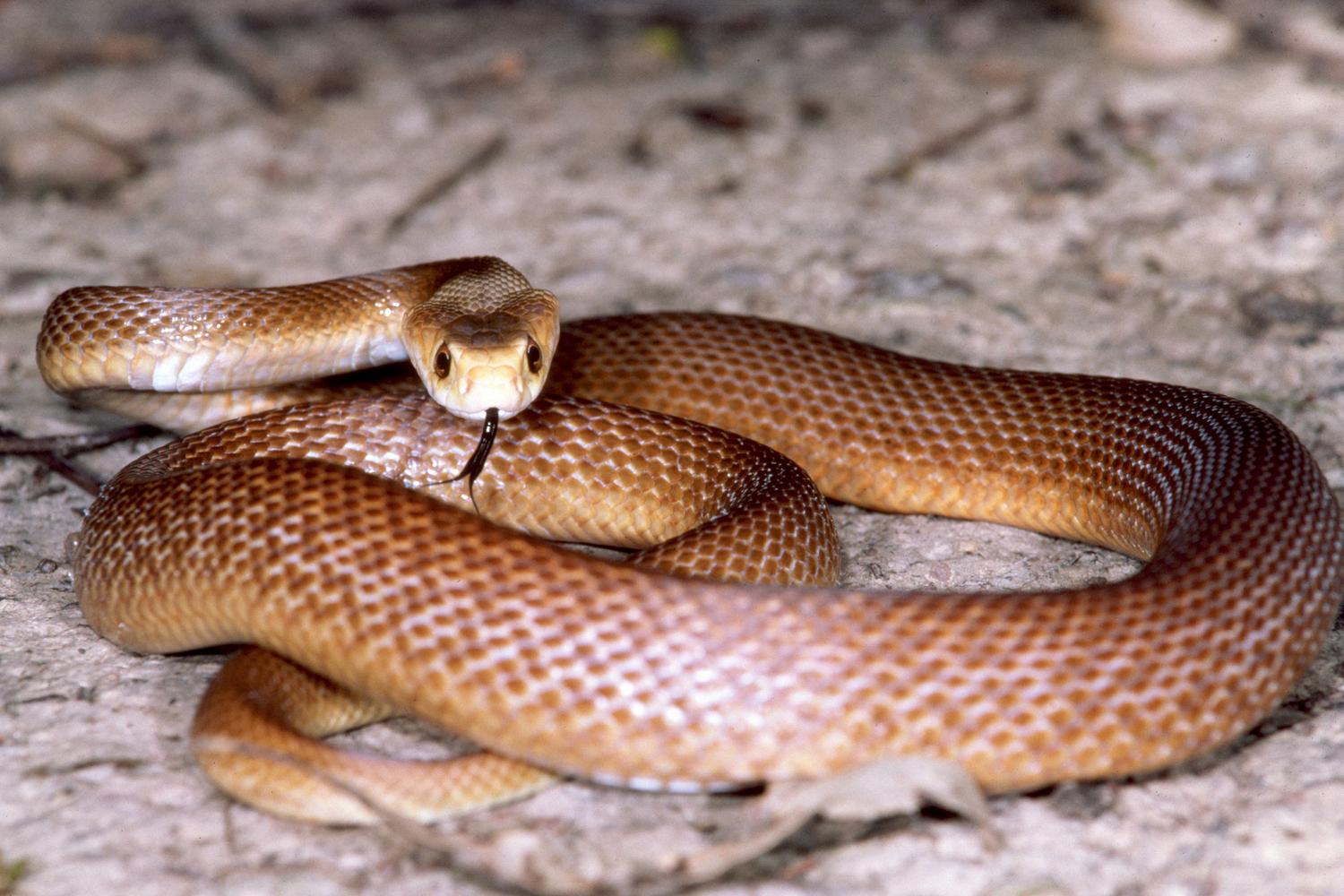
Aboriginal Carbon Foundation CEO Rowan Foley has recently called for real and meaningful change at the inaugural Global Nature Positive Summit on Gadigal country.
“The carbon market’s focus on trees represents a narrow, scientific view of nature,” Mr Foley said during his expert panel session.
“This limited perspective misses the broader social, cultural and community values essential to meaningful environmental efforts.”
Mr Foley also raised a key issue in the approach to fire management, highlighting its lack of Indigenous perspective.
“In the first draft methodology, fire is seen as a threat, reflecting a European mindset”, he said.
“But for Traditional Owners, fire is a friend—a vital tool for caring for Country.”
The CEO went on to explain how engaging Traditional Owners to practice cultural burning can bring environmental stewardship, “local jobs and genuine human capital investment".
He concluded by presenting a new path forward via meaningful collaborations.
“Indigenous Australians have legal rights and ownership of 57% of Australia’s land mass, where much of the biodiversity thrives," he said.
"We need to move beyond token representation to true partnerships - this is how we avoid shackling future generations with outdated colonial structures.”
Read Aboriginal Carbon Foundation’s Complete Press Release: www.abcfoundation.org.au/aboriginal-carbon-foundation-calls-for-a-broadervision-in-biodiversity-markets
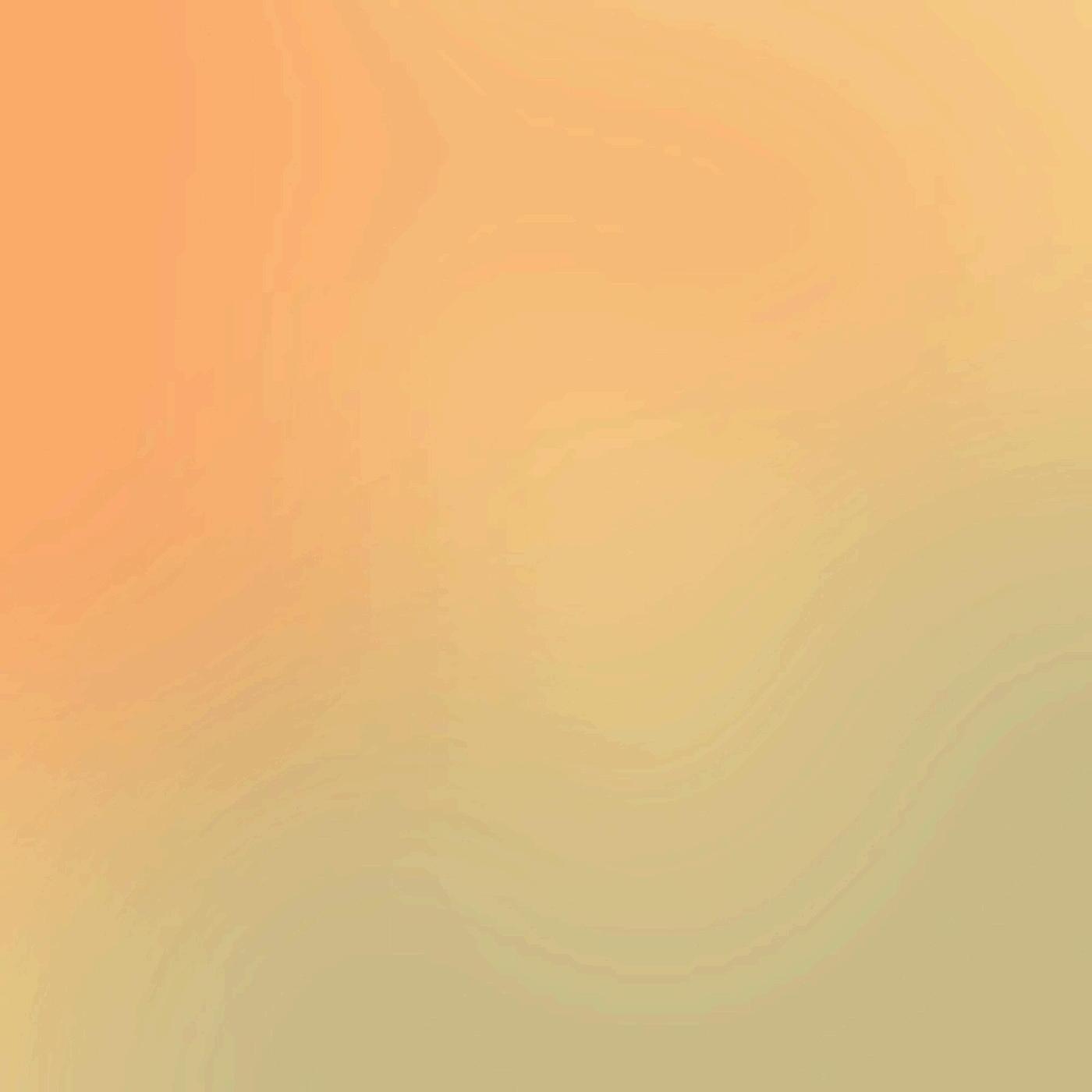
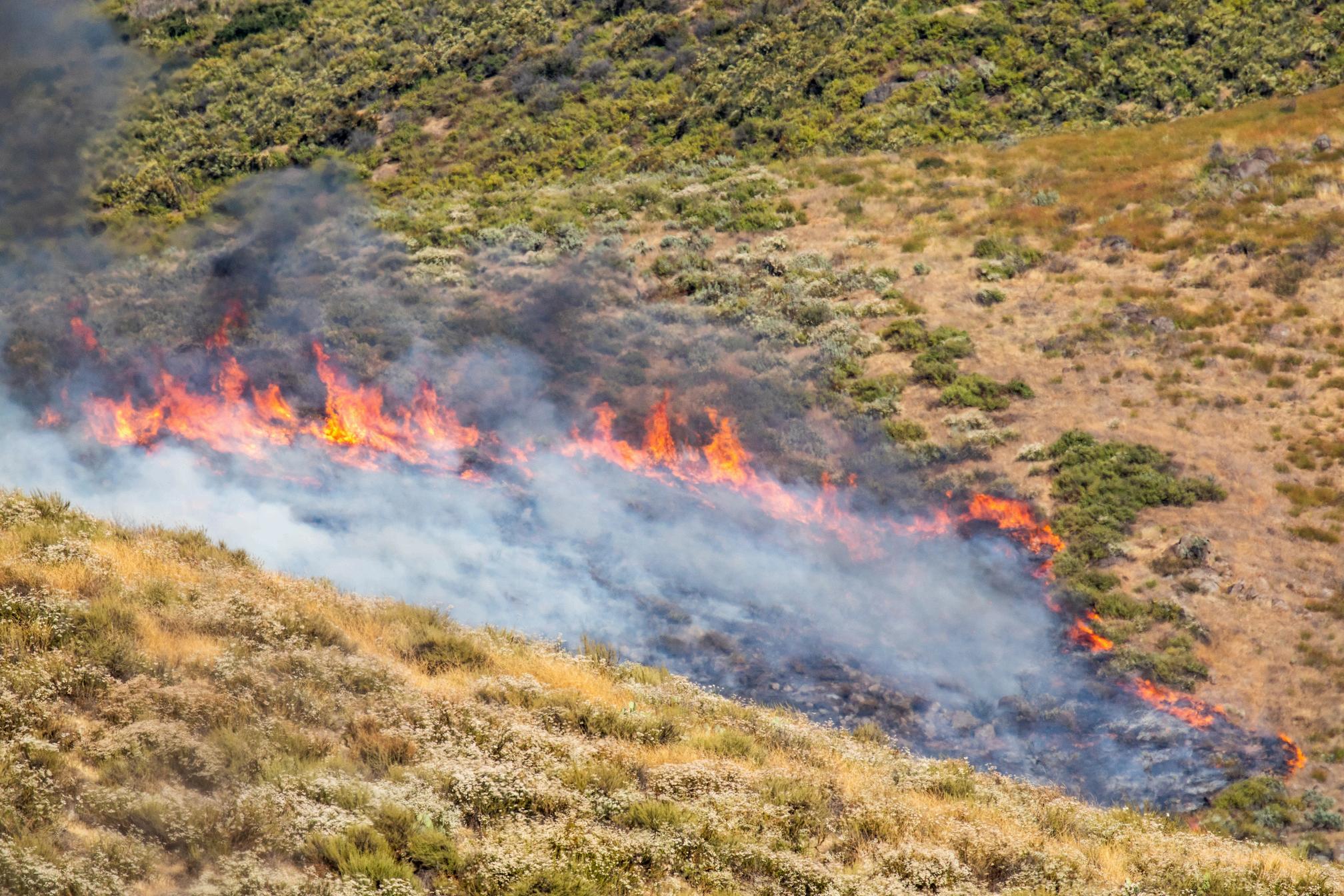
Celebrating the achievements of young people in the Northern Gulf region
“I am a proud Muluridji, Yirrikandji, and Torres Strait Islander,” says Warwick Taylor BEST
I’ve been selected to represent Queensland at the 2025 Footlocker U16 National Basketball Championships in Bendigo Basketball is my passion, and I’m determined to make it my career. Representing my state and traditional owner group is an honor, and I strive to be a role model for future generations.
I’m seeking sponsorship to help cover training, travel and equipment costs
Your support would not only fuel my journey, but also promote community pride In return, I offer brand exposure and partnership opportunities through sport
#young.warriors.in.the.gulf

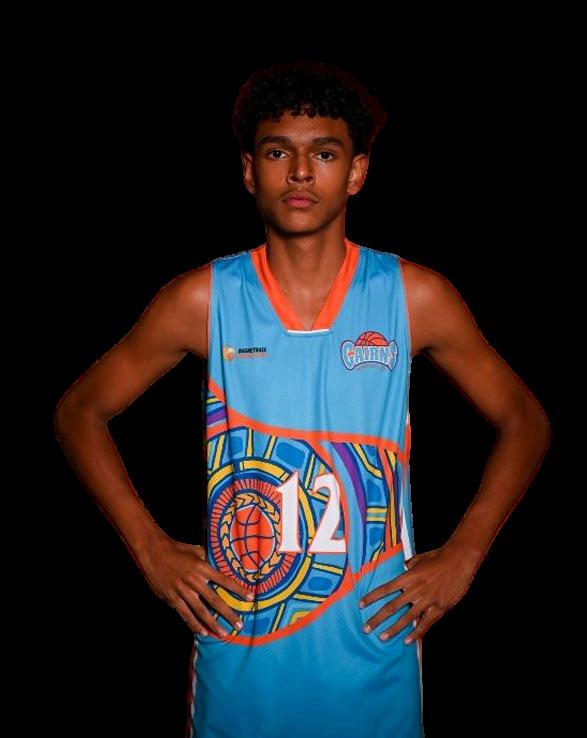
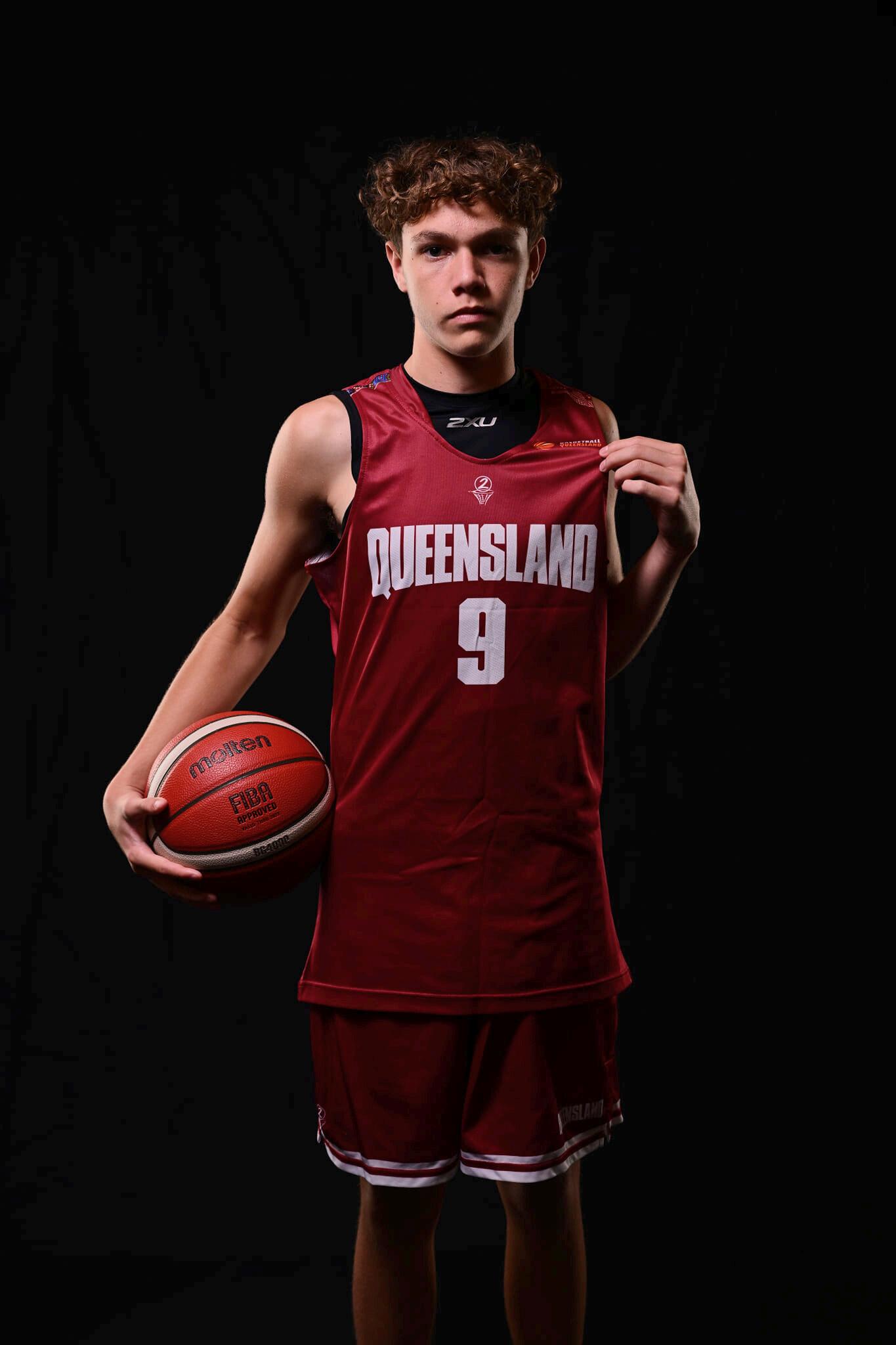



Have you ever made ice cream? It’s a fun way to create a yummy dessert —and experiment with some chemistry!
1) In each small sealable bag, place 1 tbsp of sugar, ½ cup of half-and-half (or milk or heavy whipping cream), and ¼ tsp of vanilla extract Seal both bags well.
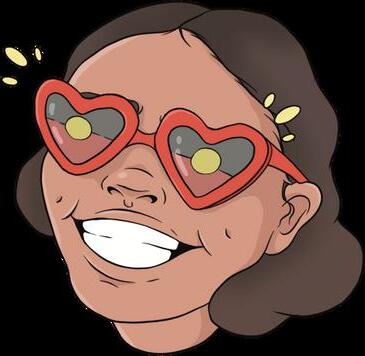
Activity Time: 10-20 minutes
Key Concepts: chemistry, freezing point, phases of matter, solutions, depression, emulsion, mixtures
What you need:
Measuring spoons
Measuring cup Sugar

Milk or whipping cream
Vanilla extract
Salt
Ice cubes (8)
Small, sealable bags, such as sandwich ziplocs (2)
Gallon-sized sealable bags (2)
Oven mitts or a small towel
Timer or clock
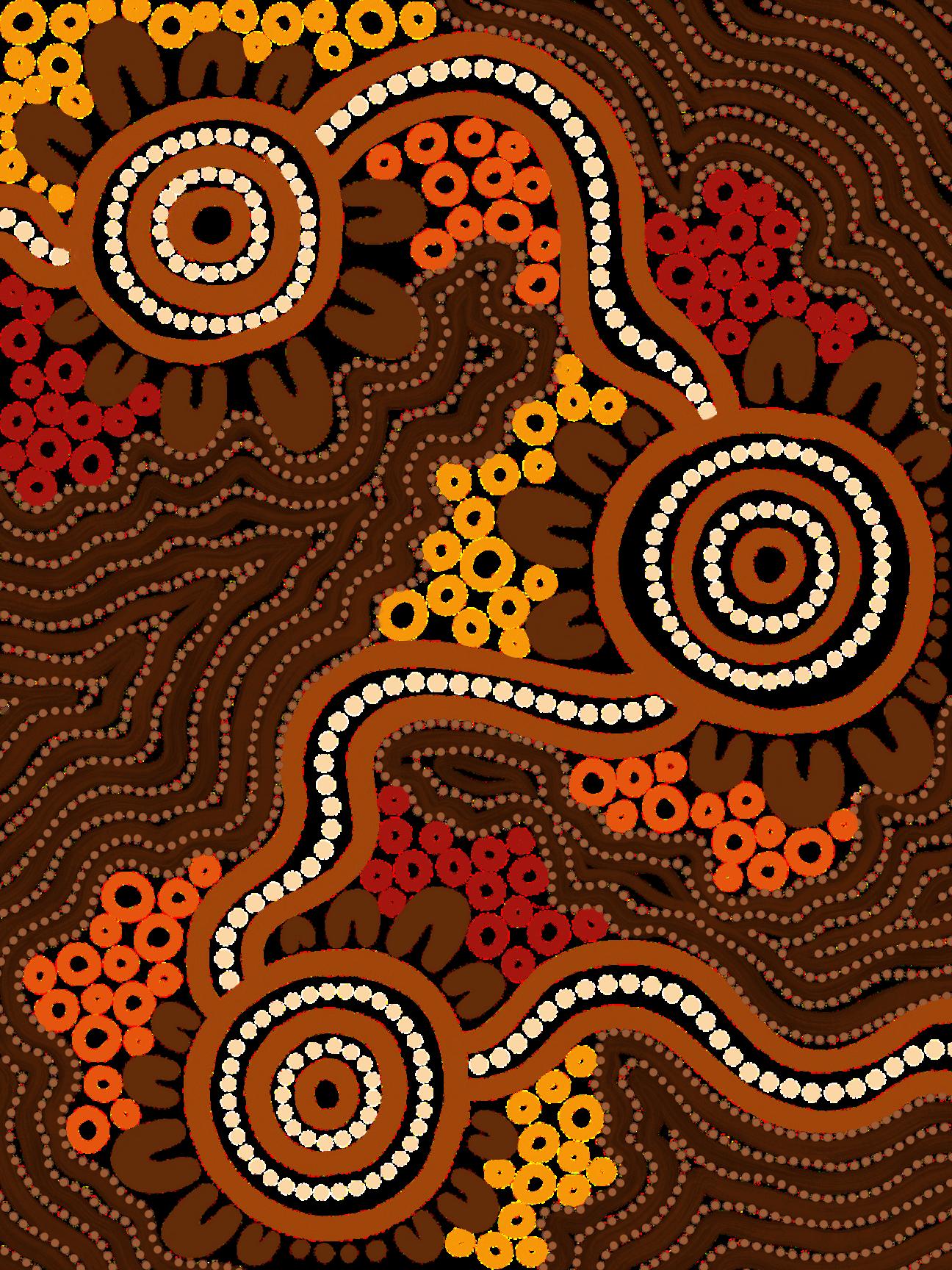
2) Add 4 cups of ice cubes and ½ cup of salt to one of the large bags.
3) Put one of the small bags you prepared into the large bag with the ice cubes. Be sure both bags are sealed shut.
4) Put on oven mitts or wrap the bag in a small towel, then shake the bag for five minutes. Feel the smaller bag every couple of minutes while you shake it, and take a peek at it.
5) Now add 4 cups of ice cubes to the other large bag, but this time do not add any salt to it What do you think will happen without using salt?
6) Put the other small bag you prepared into this large bag Be sure both bags are sealed
7) Repeat step 4 Again, feel the smaller bag every couple of minutes while you shake it, and take a peek at it You can also compare how cold the different ice cube bags feel. Does one feel much colder than the other?
Source: Science Buddies
Is it time to update your Healthy Country Plans? Give me a call and let’s yarn.
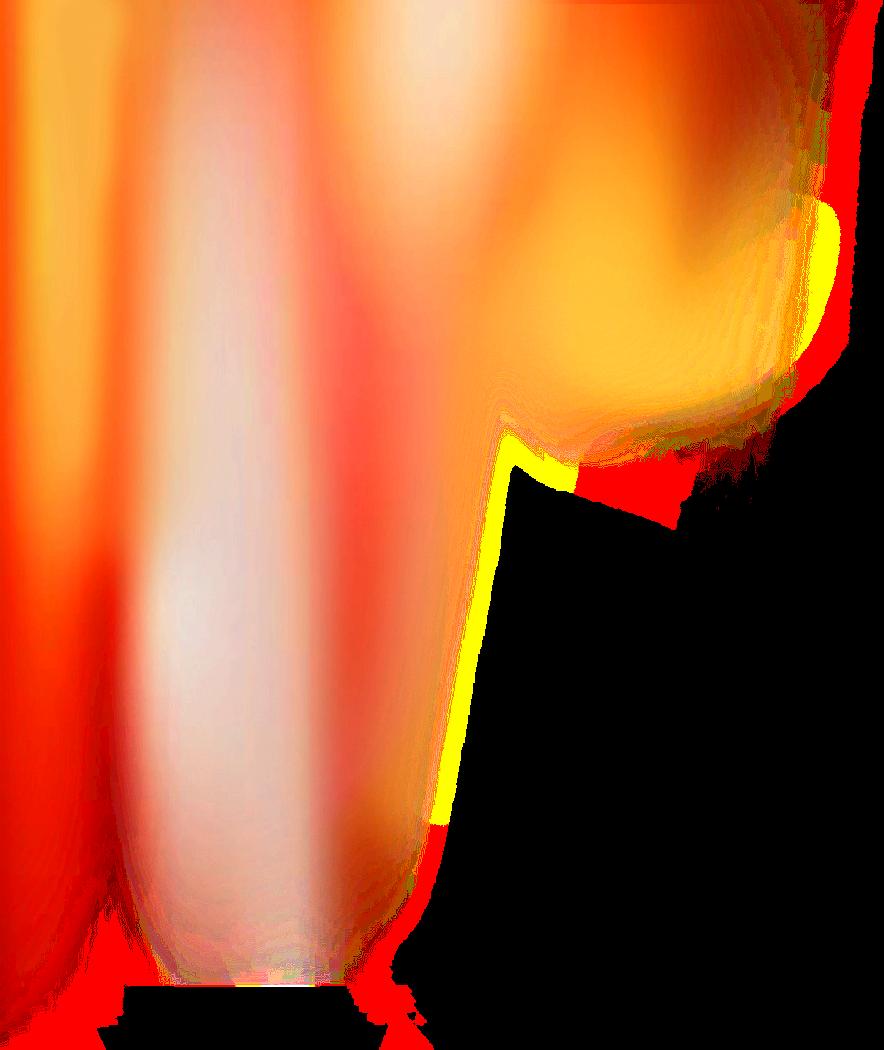

GRANT DATE
Indigenous Land and Sea Corporation

Flexible –apply anytime
WHERE TO LOOK WHAT FOR?
www.infrastruc ture.gov.au/me diacommunication s-arts/firstnations-digitalinclusion
Advice, partnership facilitation and direct funding for purchasing, managing and/or developing land or water-related interests.
Capacity building for native title corporations 30 June 2026 11:30pm (ACT local time)
www.niaa.gov. au/ourwork/environm ent-andland/capacitybuildingnative-titlecorporations
Prescribed Bodies Corporate (PBC) Capacity Building Grant Funding is available to support PBCs to maximise the economic and social potential of native title through the effective and sustainable management of their land.
Looking After Country Grant Program 9 July 2025 4:00 pm (ACT Local Time)
https://www.ql d.gov.au/envir onment/plantsanimals/conser vation/commu nity/land-searangers/grantsprogram
The Looking after Country Grant Program provides funding of up to $75,000 to First Nations communities to conserve and manage environmental and cultural heritage on country.
Young, Black & Proud Scholarship 16 July 2025, 4:30pm (ACT local time) atsichsbrisban e.org.au/ybps
Young, Black & Proud Scholarships are for our young mob who wanna get further in sport, the arts or achieving academically (school, uni or TAFE).
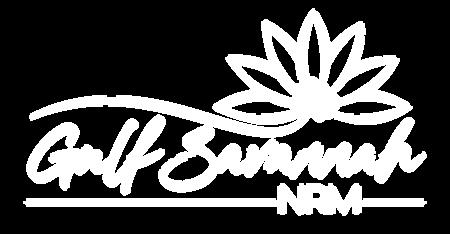
The anniversary of the High Court’s historic decision to acknowledge the existance of Native Title.

Celebrated by many island cultures in the Torres Strait.
Festivities are carried out across Australia to honour the history, culture and achievements of Aboriginal and Torres Strait Islander Peoples.
First raised on 9 July 1971 at a land rights rally in Adelaide’s Victoria Square/Tarntanyangga. A day for families and communities to cherish Indigenous youth and their hopes for the future.
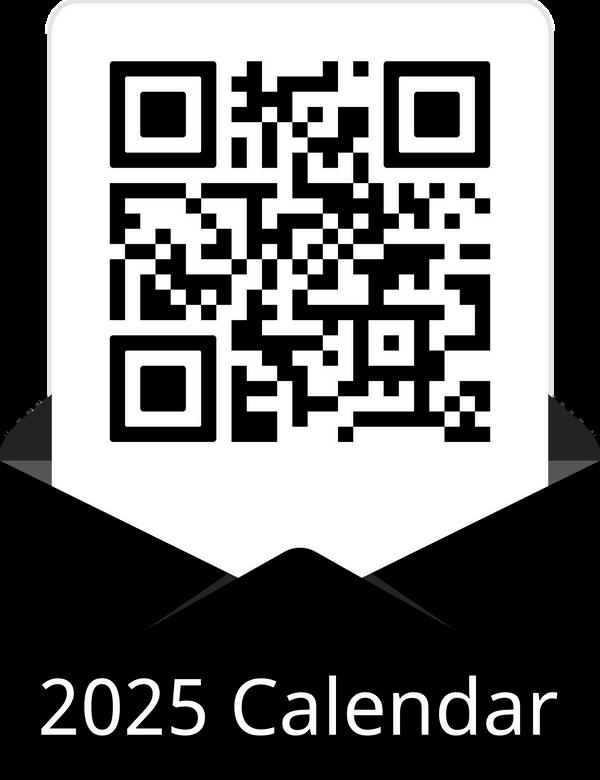
This event recognises the power of coming together, building bridges and nurturing inclusivity.